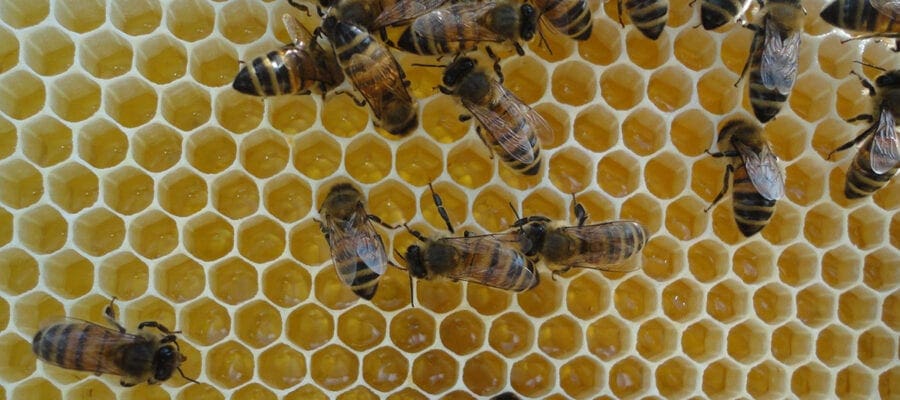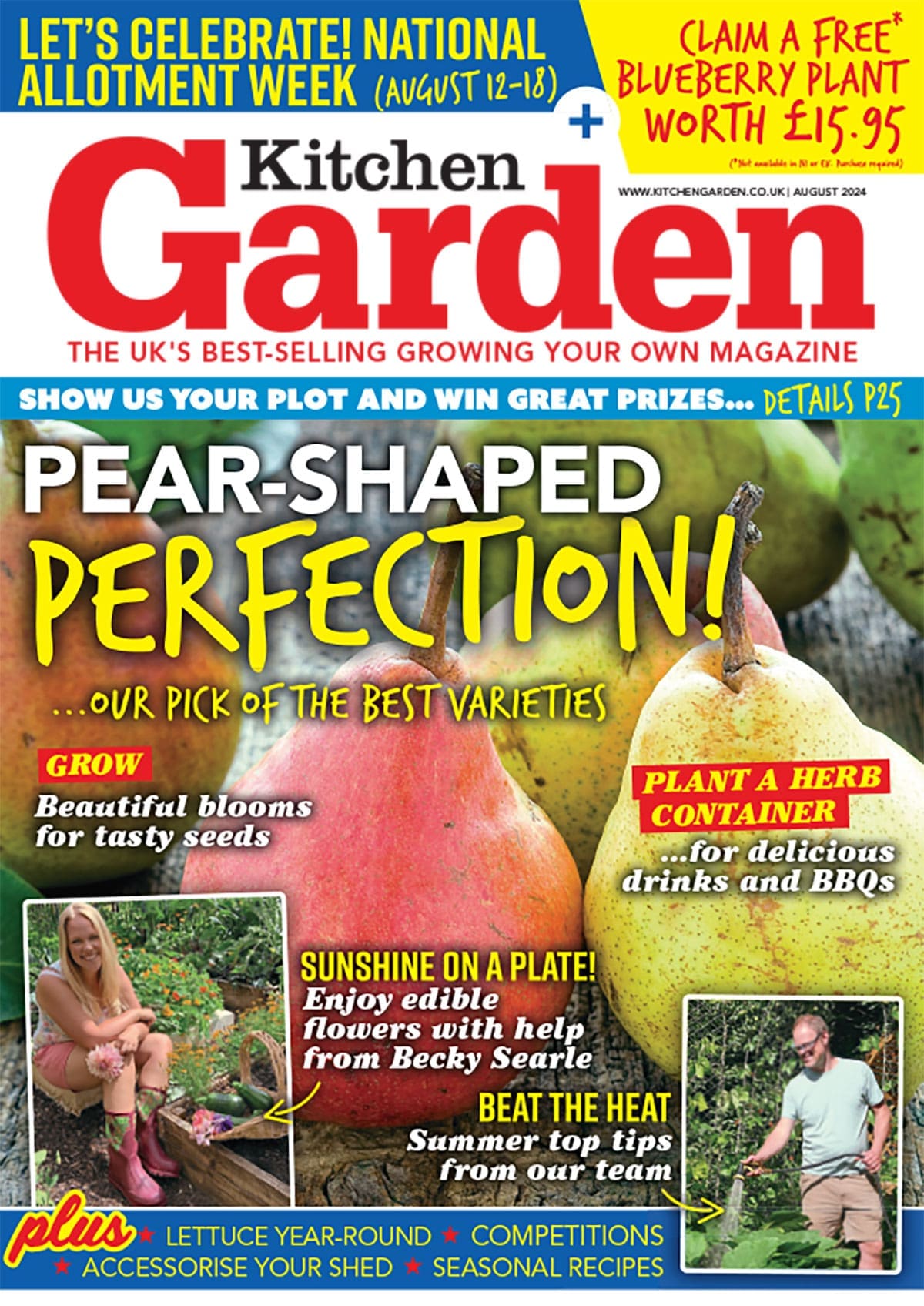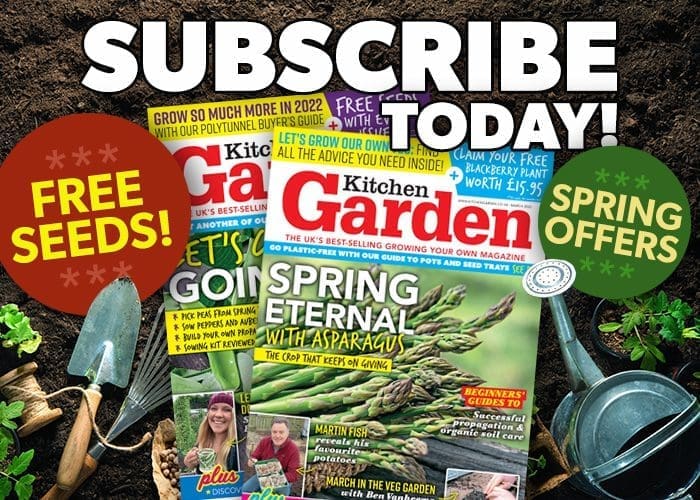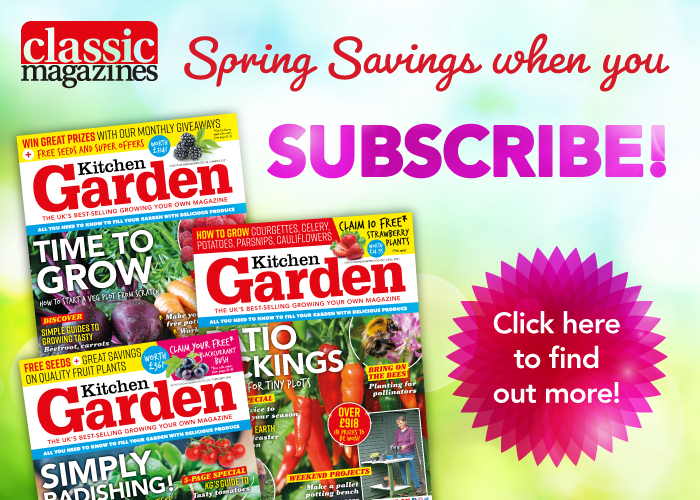All gardeners love and appreciate the flowers in their gardens…
…but few realise that almost all plants, shrubs and trees, are entirely dependent on pollinating insects for their ability to reproduce and thrive.
In fact, plants evolved flowers purely as a means of attracting pollinating insects, offering food for them in the form of carb-rich nectar for energy, and pollen for its essential oils and protein.
This mutually beneficial relationship between plant and pollinators arose about 100 million years ago and underpins the entire terrestrial ecosystem, providing food sources for all animals in the food chain, including ourselves.
Think about that – every fruit and vegetable you will ever eat, almost every medicine we require to ensure our health and every flower you will ever see is ultimately dependent on a pollinating insect to act as a sexual go-between.
They transfer between flowers the pollen that enables the plant, shrub or tree to set fruit or create the seeds that will eventually grow the next generation of crops that people and the rest of the animal kingdom depend on.
Even the grass-fed animals that provide dairy products and meat many of us humans rely on, depend on flowering plants to fix the nitrogen in the soil to allow healthy, nutritional grass to grow.
Our beautiful bees
While there is a wide variety of pollinating insects, including beetles, butterflies, wasps and flies, bees are our most dedicated and precious pollinators. Here in the UK, we have 24 species of bumblebee (of which only 12 are commonly seen), a single species of native honeybee and 260 of solitary bee, each with their own little variations in habit and habitat. So it is essential to diversify your portfolio of plants if you are to encourage the riches that these essential pollinators bring to your garden.
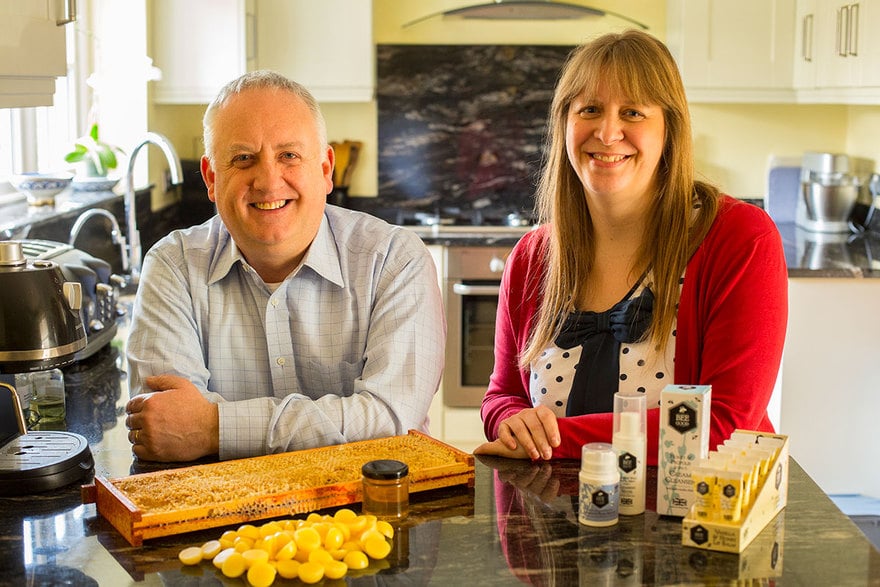
As passionate beekeepers, we at Bee Good have a deep appreciation of our native honeybees and other pollinators, and founded our family-run natural skincare business from our kitchen in Hampshire in 2008, making our bee-based skincare products using honey, beeswax and propolis, carefully harvested from our own honeybees kept in fields nearby.
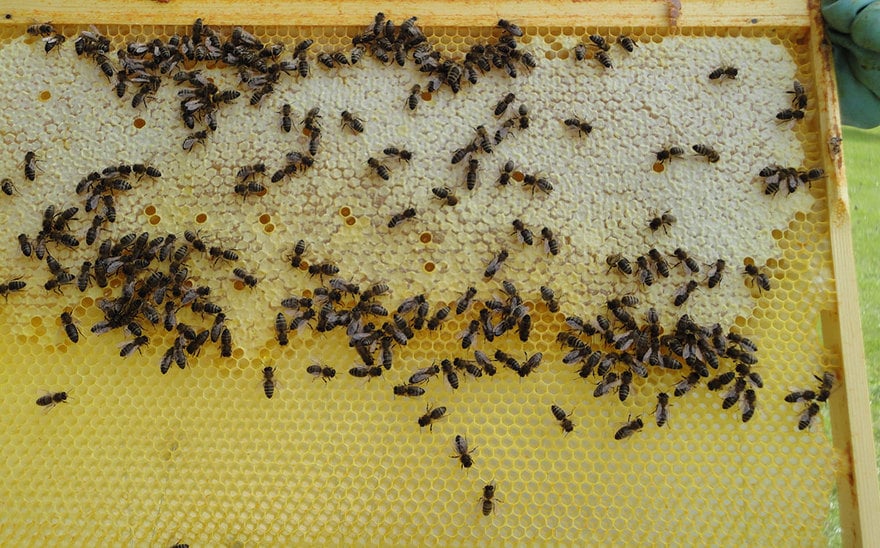
Initially selling through local fairs and farmers’ markets, Bee Good expanded and grew over the years and now sells its award-winning range of skincare through 125-plus Waitrose stores in the UK and a select number of shops and online retailers, as well as through our own store at beegood.co.uk
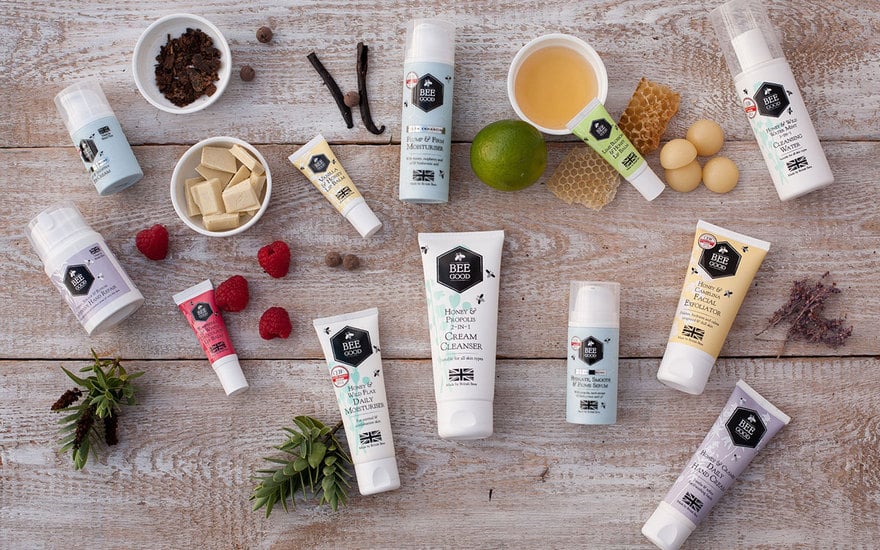
Protecting our pollinators
Around 97% of our wildflower meadows have disappeared since the 1940s, replaced mainly by vast fields of monoculture crops, literally pushing our pollinators to the field margins and hedgerows.
This, combined with the widespread use of pesticides, has resulted in the severe decline of all our native bee species and several have become extinct from the UK in the past few decades, a trend that is sadly accelerating.
Suburban gardens, allotments, public parks and other growing spaces, are increasingly vital in providing regular sources of nectar and pollen to feed our little flying friends, as well as providing safe spaces for them to hibernate over winter.
We at Bee Good are trying to play our small part in preserving our precious pollinators and have always placed free seed-balls containing a mix of around 100 bee-friendly native wildflowers in every pack ordered through our website.
So far, we estimate that we have given away more than one million seeds to our lovely customers and we continue to do our small part to help create tiny meadows and wild refuges in gardens, allotments and other public spaces across the country.
How can you help?
Anything you can do to encourage bees and other pollinators to thrive will pay you back many times over in an increase in flowers and ultimately a bumper crop of fruits and vegetables. In fact, many land-owners will pay bee farmers to bring beehives on to their fields during the spring and summer to pollinate nearby crops, as they know that doing so will increase harvests by up to 20%.
So, please plant as many native wildflowers as you can, in and around your gardens and allotments. Early-flowering small trees and shrubs such as hazels and crab apples offer large volumes of nectar and pollen in a concentrated space, so bees don’t have to travel too far to find their next meal.
Allow flowering “weeds” especially dandelions to feed pollinators, removing them only after they have finished flowering.
Please avoid planting F1 hybrids and double-flowers, as they don’t provide much in the way of food for pollinators, and encourage local councils to create wildflower verges and spaces in parks to create pollinator corridors and provide a space for these insects to overwinter safely.
Helping hands
Working in the garden is tremendously rewarding both physically and mentally, but can be hard on our hands. Bee Good nourish and protect dry hands on the go with a range of naturally caring and calming honey hand creams that deeply hydrate and soothe dry hands and cuticles. Daily Hand Cream is perfect for every day, regular use and Intensive Hand Repair is rapidly absorbed to rescue and soothe even the driest and most dehydrated skin.
The strong antiseptic qualities of honey also help heal any minor scratches and cuts that we all get from time to time.
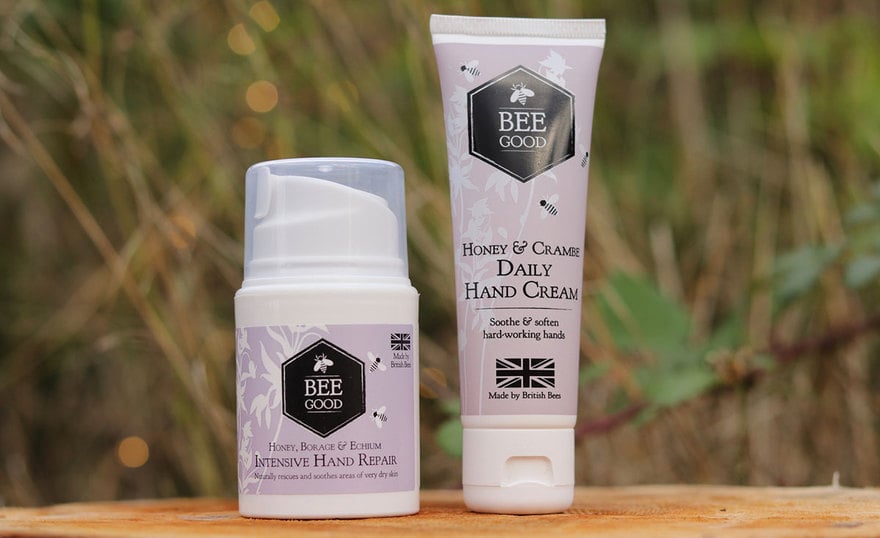
Bee Good provides a range of affordable skincare while promoting the well-being of our British bees, and also sponsors young bee farming apprentices who represent the future of this ancient and important rural industry.

